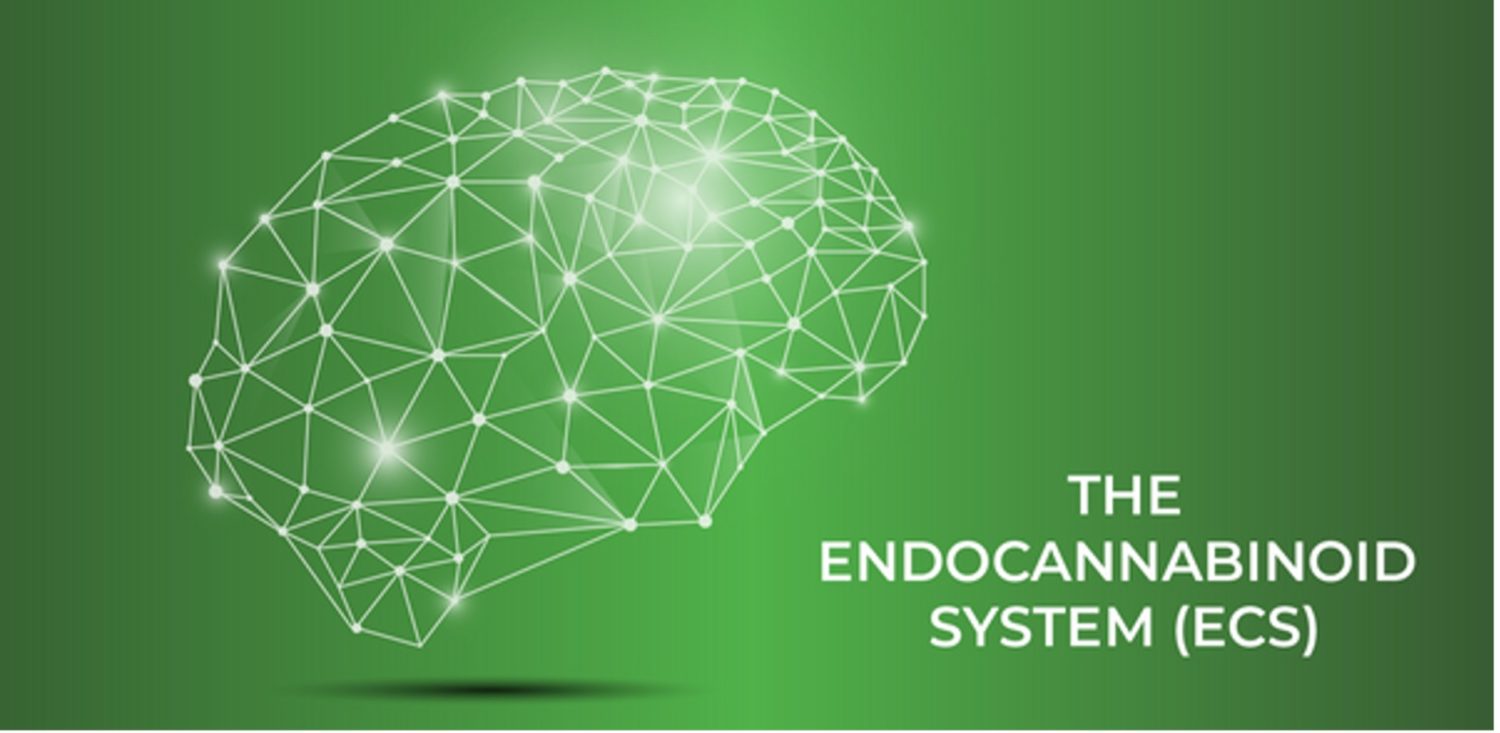

More individuals are becoming aware of the hemp plant and all that it has to offer as the common era progresses. Unbeknownst to many, Delta-8 THC has a helpful sibling. For years, prominent cannabinoids like Delta-9-THC and CBD had the attention.
Since 1975, when scientists first discovered that cannabis may reduce malignant tumors in rats, they have been aware of the potential advantages. At this time, only a small number of people were even aware that Delta 8 THC existed.
Israeli scientists carried out additional research in 1995, which revealed that there were unquestionably some advantages to using Delta-8-THC.
Scientists came to this conclusion after giving Delta-8-THC to young cancer patients who were nauseated from chemotherapy. However, after more than 480 treatments, they learned how it affected nausea.
All hemp derivatives, isomers, and cannabinoids are lawful as long as the finished product has less than 0.3 percent Delta-9-THC, thanks to the 2018 Farm Bill. A byproduct of hemp and CBD, delta-8-THC is an isomer of CBD.
This cannabinoid, which contains less than 0.3 percent Delta-9-THC, can be discovered in hemp and is also present as a byproduct in Delta Extrax products. Where does Delta-8 now stand? It falls somewhere in the midst of Delta-9, CBD, and hemp.

In a group of more than one hundred naturally occurring cannabinoids, Delta 8 THC is one of the four most significant ones, despite being regarded as a minor cannabinoid native to the cannabis plant.
It provides exceptional advantages that put it halfway between hemp and marijuana, allowing users a point of contact between cannabidiols. Between hemp's non-intoxicating qualities and the psychoactive qualities of delta-9-THC, there is a medium ground.
Unfortunately, Delta-8-THC only exists in extremely small amounts, but CBD and Delta-9 are present in very high amounts in both hemp and marijuana. However, since it needs to go through a difficult process that involves extraction, separation, conversion, and refinement, Delta-8 becomes even more precious as a result.
Although the cannabis plant's most well-known cannabinoid, delta-9 isn't the sole potent one. It's true that Delta-8 THC, a beneficial sibling, packs a similar kind of punch but has fewer side effects and a lower psychoactive intensity, which many users may find preferable.
Although Delta-8-THC and Delta-9 THC are related and share many characteristics, there are some significant variances that set the two apart.
We have compiled a short list of the most significant parallels and differences between Delta-8 THC and Delta- 9THC in order to briefly discuss some of them.
The position of a crucial chemical connection is the primary distinction between the two. The variation in the location of the chemical bond may not seem to make much of a difference, but it has a significant impact on the endocannabinoid system and how receptors bind and respond.

The Endocannabinoid System (ECS), for those of you who are unfamiliar, is a system in our body that consists of three components:
What does Delta-8 do in all of this now that you really are aware of how the ECS plays such a significant part in controlling many bodily processes and functions?
Delta-8-THC binds to the ECS's CB1 receptors just like Delta-9 THC does. The central nervous system, which controls movement, thought, appetite, short-term memory, pain threshold, and immune cells, is where the CB1 receptors are located.
Delta-8-THC also exhibits comparable qualities that point to a potential interaction with CB2 receptors, albeit there isn't enough evidence available to say what that association is.


More people are taking advantage of cannabis' benefits as a result of the decriminalization of marijuana brought about by some states' legalization of the drug.
A number of cannabinoids extracted from the hemp plant, including one of the strongest cannabinoids on the market, Delta-8-THC, have been legalized on a federal level, allowing consumers to seek out alternatives.
Advertising disclosure: We may receive compensation for some of the links in our stories. Thank you for supporting LA Weekly and our advertisers.